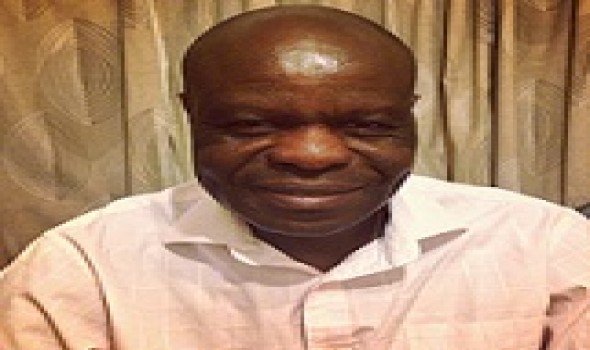Selbin Kabote: Reflections on the shame of forced migration and collective amnesia
Selbin Kabote: Reflections on the shame of forced migration and collective amnesia

It is amazing how some motion pictures on slavery can steer some déjàvu sentiments or strange ironies, when one compares voluntary or free migration as opposed to forced migration or the internal slave trade. Watching Steve McQueen’s award winning movie “Twelve years a slave” was a journey down painful memory lanes in that it reminded me of the trans-Atlantic slave trade. The movie is a slave narrative of a black man who was born free in New York state but kidnapped in Washington, D.C., sold into slavery, and kept in bondage for 12 years in Louisiana. This movie made me reflect on the fact that while there has been a lot of parliamentary debates on the issue of controlling the flow of migrants into the United Kingdom and making sure that the country’s borders are well protected, there has been very little debate on the issue of slavery which was a crime against humanity and a stain on the history of humankind. While the current migration trend is voluntary in that European Union nationals and other non-European migrants skilled in various areas and prepared to work, are coming to the shores of the United Kingdom in search of greener pastures, the trans-Atlantic slave trade was a vivid example of man’s inhumanity to man. In my opinion, despite the fact that some parliamentarians at Westminster are of a migrant background, there are however refraining from introducing debates on the racial nature of the slave trade which saw black becoming synonymous for slave and black people not being treated as normal human beings. In my opinion, Motion pictures like “Twelve years a slave” should stimulate UK parliamentarians and decision makers to provide answers to the following questions: What memories do we have of this great tragedy in humankind known as the trans-Atlantic Slave trade? How do these memories affect our beliefs and feelings on issues related to voluntary and forced migration? Do the memories that our ancestors were either slaves or slave owners fill us with shame? Do they fill us with pride? Do they make us feel guilty that our ancestors sold their brothers and sisters into slavery? and most importantly, do we relegate them to a past best forgotten, or confront them in order to understand what transpired and deal with racism which is the lasting legacy of the slave trade. The spectre of slavery has never ceased to haunt the collective consciousness of Africa, the diaspora and their descendants, however little attempt has been made to exorcise the ghosts of the past in an effort by our parliamentarians to debate sensitively issues related to forced migration, economic migration and migrants. In my opinion, the inability on the part of the descendants of slaves and slave masters to confront the trans-Atlantic Slave Trade is “unfinished Business”. Contributing to the issue of forced migration in the form of slavery the African academic, J.F. Ade Ajayi argued that there is a collective amnesia and a deafening silence in the oral traditions that have not enabled Africans to move on. The African academic said in order to recover from this collective amnesia; descendants of slaves and slave masters need to create collective memory. In similar vein, I also strongly feel that UK parliamentarians and politicians like the United Kingdom Independence Party- (UKIP) leader Nigel Farage need to create collective memory in an effort to overcome the collective amnesia related to the dark days of slavery. It is said that memory is active, entailing a personal relationship with the past which acts as a filter of reality on a day to day basis. It is also at the heart of our humanity, as individuals and as societies. Collective memory is said to be the distribution throughout society of beliefs, feelings, moral judgments and knowledge about the past In conclusion, I firmly believe that the motion picture “Twelve years a slave” will to some extent, go a long way in rectifying this amnesia and the blind memory which some politicians have of slavery as a wicked form of forced migration and man’s inhumanity to man.


